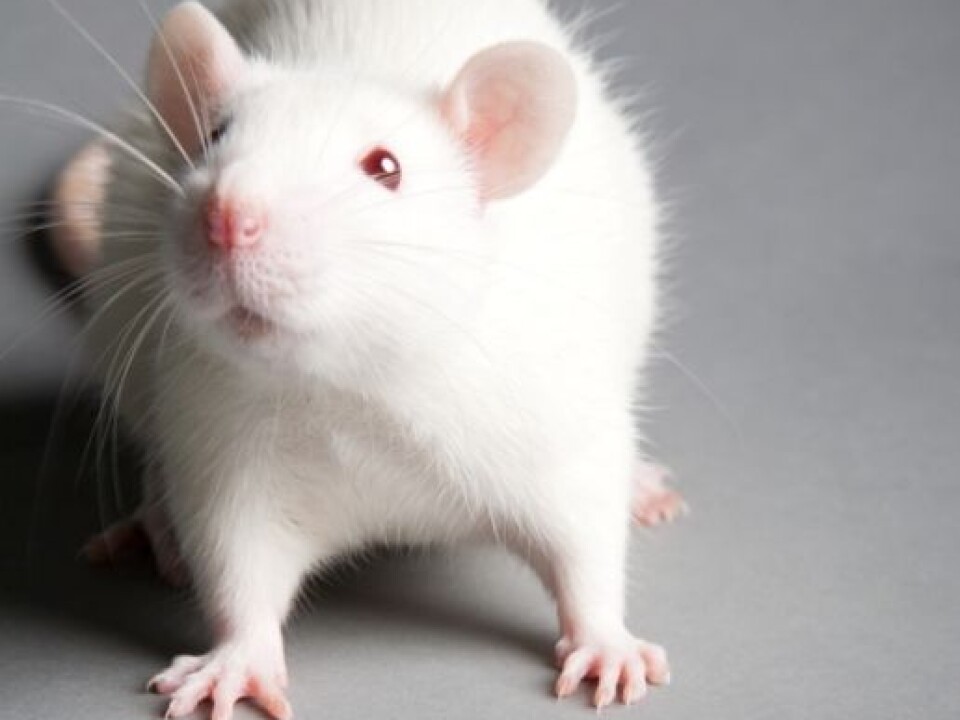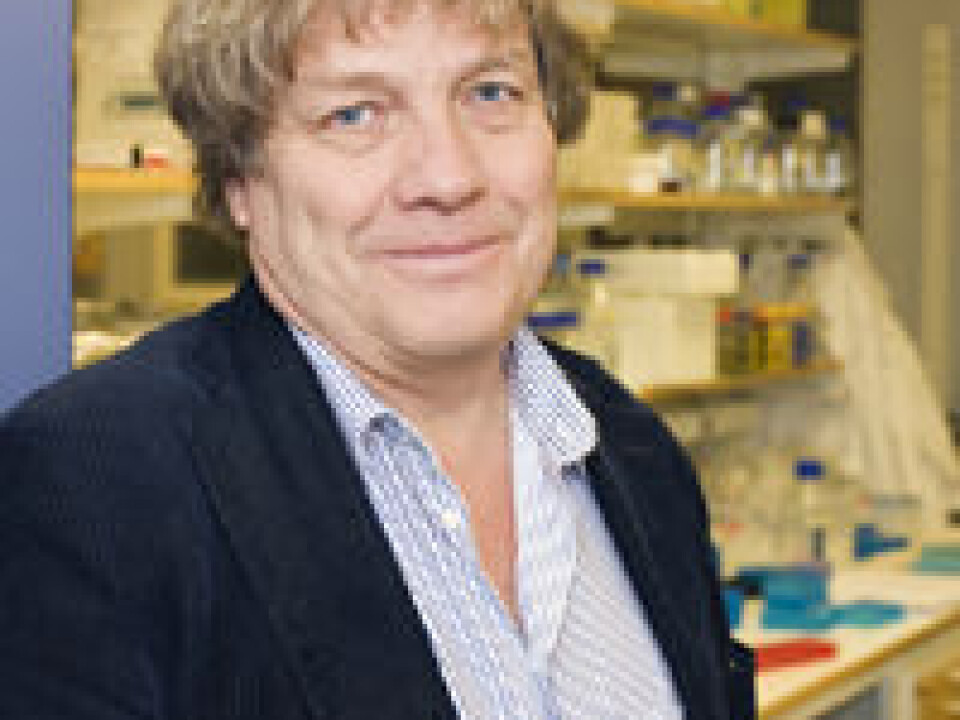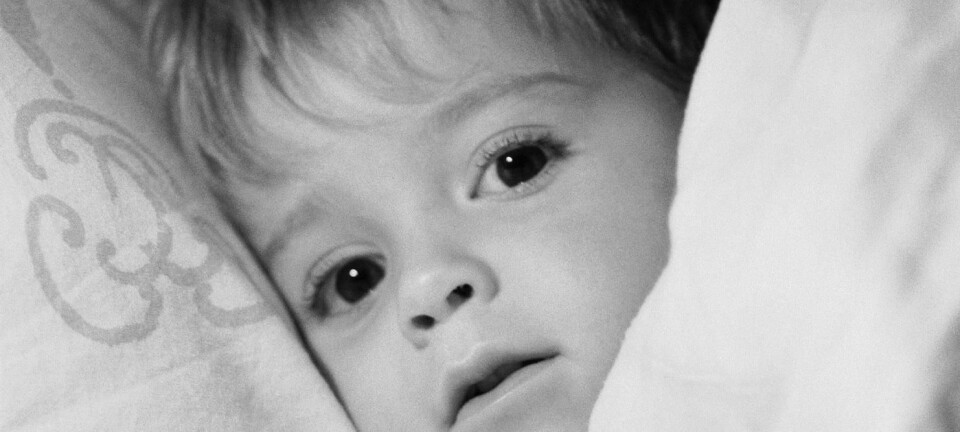
Anxiety could link to a protein
A special protein might explain why some people develop anxiety disorders and others don’t. Swedish scientists have used modified mice to carry a human gene controlling this protein to test its effect
Some people have a surplus of this protein. Some have little and others walk around with an average amount. And a few people lack this protein, more specifically an enzyme, altogether.
People differ immensely in their vulnerability toward developing chronic problems with anxiety.
In one study the Swedish researchers found that foetal mice which had been genetically manipulated to carry this particular protein became stressed and anxious as adults. There are indications that the same can apply to humans.
The scientists also found that a vital part of the brains in these mice had also decreased in volume.
More protein − more anxiety?

The active human gene has a name like a Star Wars robot − CYP2C19.
This is an enzyme that can metabolize (break down) substances which affect our central nervous system − our brain and spinal cord. It also metabolizes substances that we might add to our bodies intentionally, such as antidepressant medications.
Like other proteins, it is steered by genes. When we call proteins the building blocks of the body, genes are the blueprints guiding how things are built.
Mutations of the gene that makes CYP2C19 can change our quantities of this protein.

A study of 1,750 pairs of twins by the same team of researchers indicates that more of the protein can link to more depression, while having smaller amounts tends to decrease the likelihood of depression.
Magnus Ingelman-Sundberg, one of the Swedish researchers, stresses that this relationship has to be confirmed by additions studies before it can be ascertained.
By inducing the gene to foetal lab mice the scientists could test how it affected living creatures from birth.
Important area of the brain
The human CYP2C19 gene was also introduced to the mice in an earlier stage of their development, while they were still embryos.
As expected they retained the CYP2C19 protein into the foetal stage.
These mice developed differently than normal mice. Their hippocampus − an area of the brain which is important in forming new memories and connecting emotions and senses − was smaller than normal and more sensitive to stress than mice that lacked this gene, according to a press release from the Karolinkska Institutet in Stockholm.
“It would be fascinating to discover whether people with elevated levels of the enzyme also have a smaller hippocampus,” says Ingelman-Sundberg.
Stressed mice
At the adult stage these transgenic mice (carrying another animal’s gene, in this case ours) were put to a battery of tests designed to reveal whether they had symptoms of elevated levels of anxiety and stress.
They were given four behaviour tests. One involved being released into a new cage. One reason was that this enabled the scientists to determine the speed of their adaptation to a new environment.
“We found behaviour showing an increased stress sensitivity and anxiety-like conduct. The findings can extend our knowledge of genetic factors involved with development of anxiety,” says Ingelman-Sundberg in the press release.
“If we find comparable changes in the hippocampus of humans, this will increase our understanding of how changes in the brain during foetal development can raise the risk of depression and anxiety symptoms later in life,” adds colleague Anna Persson.
The study was part of her doctoral thesis project.
Compound causes
The Swedish researchers think the anxious lab mice could possibly be used to develop better medications against chronic anxiety.
The causes of human anxiety are complex but we know that some people can be particularly disposed to developing anxiety disorders.
Some people are sceptical about treatment with traditional tranquilizers, in part because they can be very addictive.
Cognitive behavioural therapy, or such therapy combined with medications, helps lots of patients.
Alternatives include healthy doses of music and meditation.
The Star Wars character Yoda said “Fear is the path the dark side.” Perhaps a medication arising from this research with the CYP2C19 protein could brighten the lives of many patients.
-----------------------
Read the Norwegian version of this article at forskning.no
Translated by: Glenn Ostling









